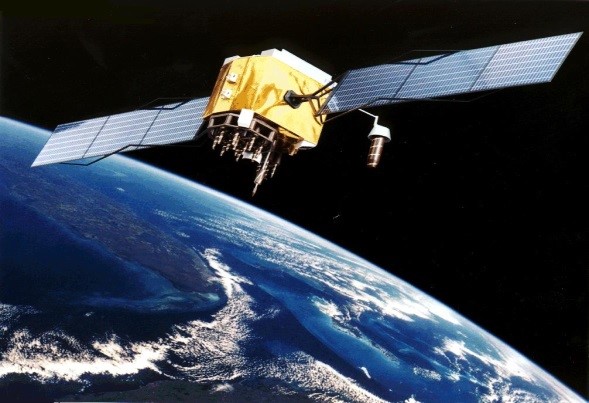 With the growing dependence on outer space assets for socioeconomic, developmental and military purposes, the number of players in outer space is growing rapidly. There are more than 60 such operators, including non-state actors, in this domain.
With the growing dependence on outer space assets for socioeconomic, developmental and military purposes, the number of players in outer space is growing rapidly. There are more than 60 such operators, including non-state actors, in this domain.
India and China, as two of the established space powers in Asia, have a responsibility in framing the evolving rules by rectifying loopholes.
Legally binding mechanisms are ideal and desirable. However, the prospect of consensus among major powers in identifying challenges and introducing solutions seems distant.
Given these difficulties, India and China could start working toward common definitions of responsible behavior and greater transparency measures among major powers.
A new regime should be guided by three key objectives: the security of outer space, order and stability, and sustainability. Most nations accept and acknowledge these objectives, at least rhetorically.
India and China face several common challenges. Operationally, these include space traffic management, overcrowding of satellites and debris in outer space. The debris increases the potential of collision with currently viable assets.
For example this May, the only Ecuadorian satellite, Pegasus, collided with Russian space debris and on August 28, it was officially declared "lost." The UN Inter-Agency Space Debris Coordination Committee predicted that space debris, unless tackled aggressively, will have grave consequences over the next 200 years.
The ongoing militarization of space is a concern. Several countries are using space assets for military functions, developing anti-satellite capabilities and offensive uses for space assets, and are making the threat of weaponization and a new arms race imminent.
With this congestion, the need for cooperative rules and regulation cannot be overemphasized, possibly through an institution similar to the Nuclear Suppliers Group.
Unregulated cooperation will only heighten insecurities at multiple levels. This explains the inadequacy of the current regime which has been hobbled by political differences and precluded a new cooperative architecture.
Consequently, different countries have been pursuing tangential solutions. The West has by and large favored Transparency and Confidence Building Measures (TCBMs) as a means to develop norms of responsible behavior in order to ensure safe, secure and continued access to space. While Russia accepts TCBMs, it has joined hands with Beijing to propose a draft treaty preventing the placement of weapons in outer space.
Similarly, a resolution on the Prevention of an Arms Race in Outer Space (PAROS) was passed by the UN General Assembly in 1981, but the Conference on Disarmament (CD) in Geneva is yet to have a productive session on PAROS.
The UN Group of Governmental Experts (GGE) is another mechanism to develop cooperative measures in outer space. India too has been active in writing new rules. With a consistent policy against the weaponization of space, it has been active in forums like the UN Committee on the Peaceful Uses of Outer Space and the CD.
Even as it insists on working out a legally binding mechanism, it is pragmatic enough to recognize the need to start with a normative exercise and gradually move to legal measures.
Space, as a true global commons, must be protected for safe, secure and uninterrupted access. India and China, along with other spacefaring powers, must therefore utilize every opportunity to push for developing norms of responsible behavior, including strengthening measures in the area of active debris removal and on-orbit satellite servicing.
These two early space powers should take on an active role in bridging the gap between the West and the rest in formulating new rules including the Space Code of Conduct and should not allow a few Western countries to monopolise the process, given the huge financial stakes involved.
By Special Arrangement with : Observer Research Foundation (www.orfonline.org)